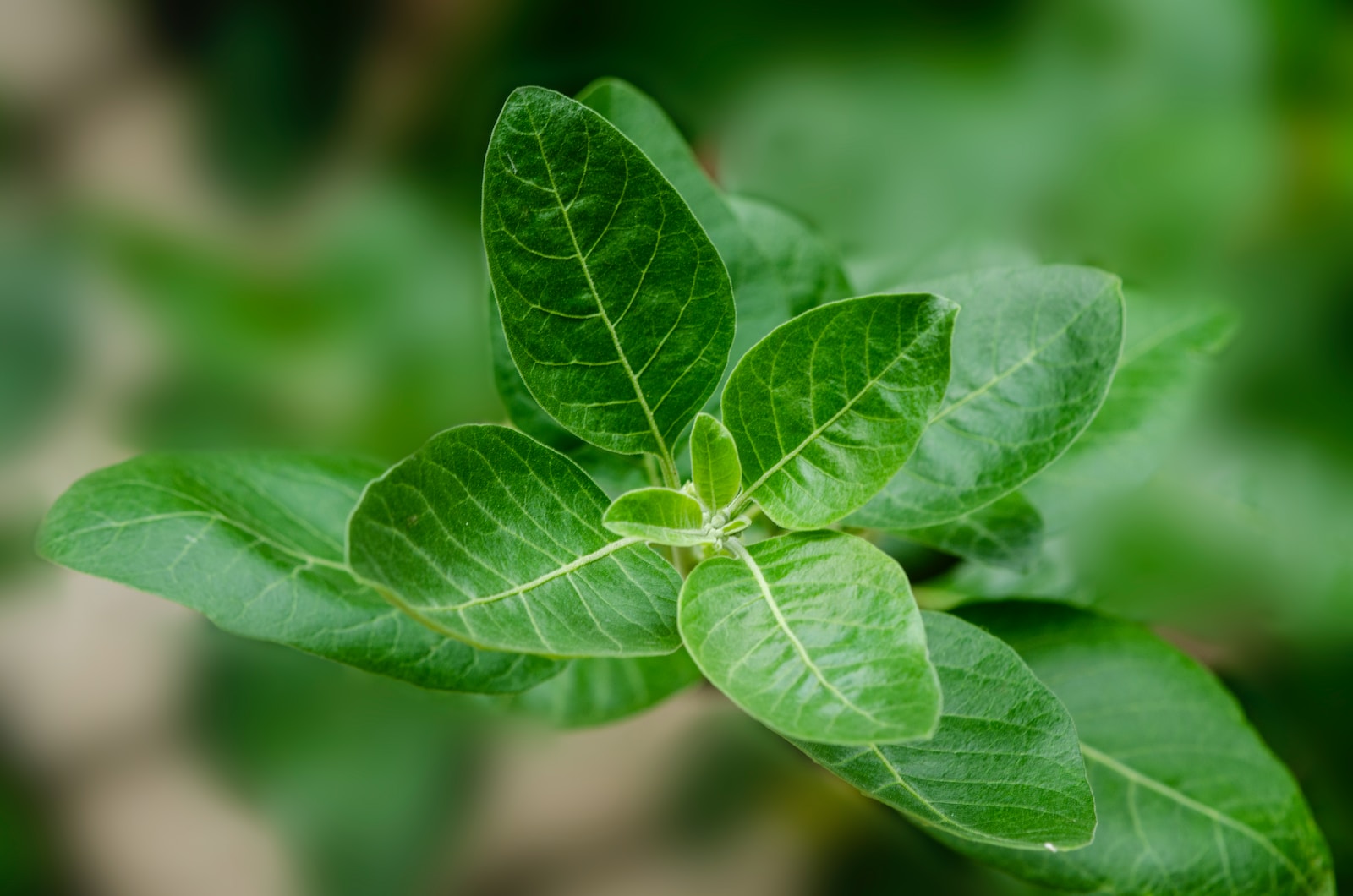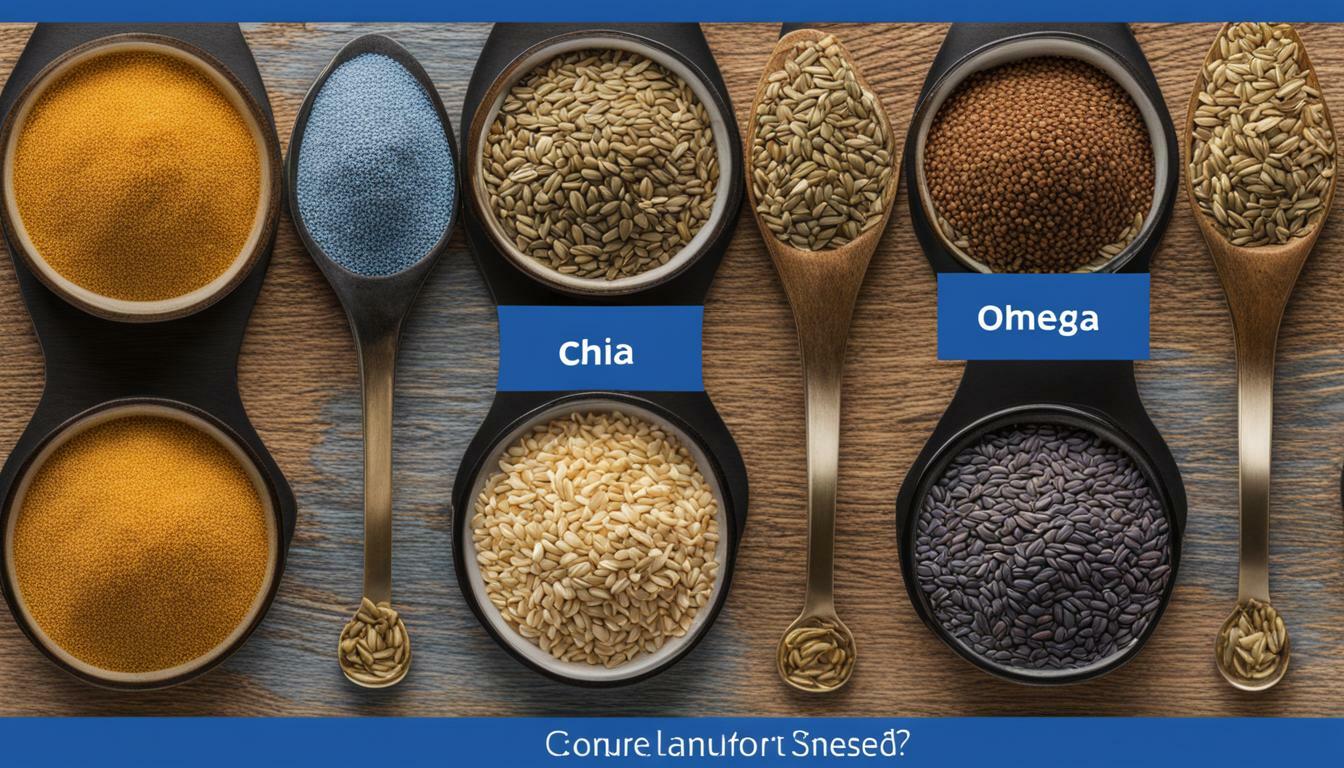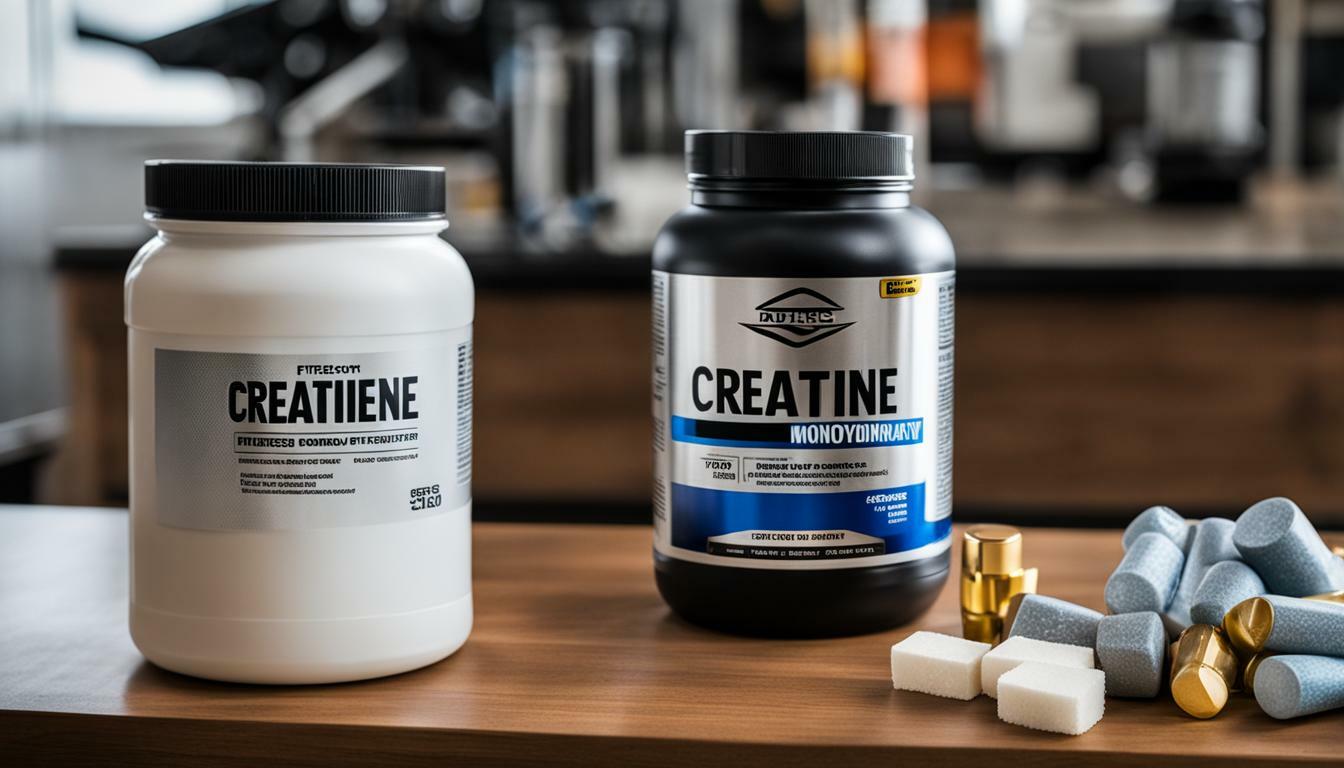Have you ever heard about adaptogens? If not, then allow me to introduce you.
Adaptogens are a unique class of healing plants that help balance, restore and protect the body. They’re called adaptogens due to their capacity to ‘adapt’ their function according to our body’s specific needs.
Their primary role is to respond favorably to stress and bring our bodies back into a state of equilibrium – pretty neat, right? Adaptogens are not just herbs that help us ‘adapt’.
They are time-proven solutions hailing from traditional medicine systems across the globe, promising immense health benefits. Though they have been utilized for centuries in Ayurvedic and Chinese medicine, they have recently catapulted into the limelight in Western wellness circles – all thanks to their stress-busting abilities!
Ashwagandha and Rhodiola: Two Titans of the Adaptogen World
As we embark on this journey through the intriguing realm of adaptogens, let’s start with two of its most illustrious representatives – Ashwagandha and Rhodiola. These potent herbs have been central players in traditional medicine for centuries and continue to be revered for their remarkable health-enhancing properties. Ashwagandha, often referred as “Indian Ginseng” or “Winter Cherry,” is a cornerstone herb in Ayurveda known for its restorative powers.
It is famed not only for its aptitude in managing stress but also for bolstering immunity and cognitive function. On the other hand, we have Rhodiola Rosea – an extraordinary herb commonly found in cold regions like Arctic areas and mountains of Central Asia.
Often referred as “Golden Root,” it has earned admiration worldwide as an energy booster that combats fatigue, improves mood, and supports physical endurance. While these two adaptogens share similar capabilities in managing stress, they each hold their unique strengths which we’ll delve into as we progress.
Ashwagandha: The Ancient Indian Powerhouse
From Vedic Lore to Modern Day: The Journey of Ashwagandha
Ashwagandha, a small shrub scientifically named Withania somnifera and often referred to as ‘Indian Ginseng’ or ‘Winter Cherry,’ has been revered in Ayurvedic medicine for thousands of years. Its roots trace back to the Sanskrit language, where “Ashwa” means horse and “Gandha” implies smell, evoking the distinct aroma of a horse and symbolizing the strength it’s believed to impart. The plant originated in India and surrounding regions like Nepal and Yemen.
Still, its robust nature allows it to thrive in various climates, evidencing its adaptability. The use of Ashwagandha in ancient medical traditions wasn’t just confined within geographical boundaries but extended across time too, with mentions found in age-old texts like ‘Charaka Samhita’ – a testament to its unbroken lineage.
The Quintessential Panacea: Top Health Benefits & Uses
The Soothing Shield Against Stress
In our fast-paced world filled with deadlines and responsibilities, stress comes unwelcome but not unexpected. Here’s where Ashwagandha steps into the role of a natural warrior against stressors. It lowers cortisol levels – our body’s primary stress hormone – thereby alleviating anxiety symptoms and promoting a sense of calm.
Several scientific studies back this claim; showcasing how consistent intake can significantly reduce chronic stress levels over time. Whether it’s work-induced tension or generalized anxiety disorder (GAD), Ashwagandha provides an herbal respite sans harmful side effects common with synthetic alternatives.
The Immunity Enhancer Within Reach
Giving your immune system some extra backup is never amiss, and Ashwagandha does precisely that. It spurs the action of infection-fighting cells, amplifying your body’s defense mechanism. Besides, it is rich in antioxidants that shield against harmful free radicals, thereby protecting overall cell health.
Its potential antioxidant activity coupled with anti-inflammatory effects also aids in maintaining a healthy heart by preventing oxidative stress-induced damage – a significant contributor to heart diseases. Therefore, the humble Ashwagandha not only bolsters immunity but also promotes holistic wellness.
Unlocking Mental Might: Cognitive Enhancement with Ashwagandha
Ashwagandha isn’t just about physical strength or immunity; it equally values cognitive wellness. By mitigating brain cell degeneration, it helps maintain memory and cognitive abilities as you age.
Research has indicated its efficacy in improving attention, information processing speed and mental skills in adults experiencing mild cognitive impairment. Moreover, given its adaptogenic properties and stress-lowering prowess, it paves the way for better focus and concentration by eliminating underlying anxieties.
Navigating The Use of Ashwagandha: Dosages, Forms & Best Practices
Incorporating Ashwagandha into your routine involves considering several factors like form (root powder vs extract), dosage (low-dose daily vs high-dose for specific conditions), timings (morning or night), and duration of consumption. As a general rule of thumb, starting with lower doses (300-500 mg) of root extract is advisable to assess your body’s response before gradually increasing it if needed.
However, these are broad guidelines — individual needs vary widely based on health requirements and adaptability to herbs. Different forms offer their unique advantages — while root powder can be blended into smoothies or teas for easy consumption; capsules provide convenience and precise dosages.
Regardless of the form chosen, consistency is key to experiencing all the ashwagandha benefits. It’s also worth noting that while side effects are rare, overconsumption can lead to digestive disturbances, so moderation is crucial.
Before diving into an ashwagandha routine, it’s best to consult with a healthcare provider — especially for pregnant women or those with specific health conditions like auto-immune disorders. After all, when it comes to wellness — informed decisions are the best decisions!
Rhodiola Rosea: The Golden Root from the Arctic
Origin of the Resilient Rhodiola
Rhodiola, scientifically known as Rhodiola rosea, is a plant that thrives in the harsh and cold climates of Siberia, Scandinavia and the Arctic regions. Often referred to as the ‘Golden Root’, this perennial flowering plant is a part of the Crassulaceae family. This extraordinary herb can withstand extreme temperatures and high-altitude conditions, reinforcing its reputation as a potent adaptogen.
It has been used for centuries by various cultures across Russia and Scandinavia to enhance physical strength and promote longevity. The root of Rhodiola is where its magic lies.
Rich in active compounds like rosavins and salidrosides, this hearty root yields numerous therapeutic benefits. From ancient times, natives have harvested this golden wonder to create tinctures, teas or even grind it into powders to maximize its utilization.
Unleashing Rhodiola’s Health Arsenal
Fighting Fatigue with Finesse
Rhodiola rosea’s ability to combat fatigue is well-documented in scientific literature. This robust herb aids in boosting energy levels by increasing red blood cells count – an essential factor for transporting oxygen throughout our bodies leading to enhanced vitality. You’ll find many who attest that incorporating Rhodiola into their routine has helped them feel more awake and alert even during demanding days.
Its role also extends beyond physical fatigue; studies indicate that it may amplify mental energy too. By helping regulate cortisol levels (the stress hormone), it can mitigate feelings of burnout or chronic fatigue syndrome prevalent in today’s fast-paced world.
The Mood Elevator: Uplifting Mental Performance & Mood
Beyond fighting physical exhaustion, Rhodiola holds powerful potential for our cognitive function and emotional well-being. The active compounds in Rhodiola act on neurotransmitters like serotonin, dopamine, and norepinephrine – all crucial for mood regulation and cognitive health. As a result, consistent use of this herb can lead to improved focus, memory retention and elevated mood.
Psychological disorders such as depression and anxiety can also find a formidable foe in Rhodiola rosea. Research has shown its effectiveness in easing the severity of these conditions by improving neurological pathways and promoting a balanced mental state.
Boosting Physical Endurance
For centuries, Sherpas have used Rhodiola rosea to help them climb at high altitudes including Mt. Everest itself! The golden root is known for enhancing physical endurance by increasing your body’s resistance to physiological stressors. It aids muscle recovery post-exercise by reducing lactic acid build-up – an essential feature for athletes or anyone leading an active lifestyle.
The Right Way: Dosage, Forms & Timing
Rhodiola tends to be most effective when taken in certain dosages and forms. Generally, it’s recommended to start with 100-200 mg daily, gradually increasing the dose if required (but not exceeding 600 mg). However, it’s always wise to consult a healthcare provider before starting any new supplement regimen.
Available primarily as capsules or liquid extracts in western countries, you’ll also find Rhodiola teas or powders in some ethnic supermarkets. Its unique slightly bitter flavor may take some getting used to!
As for timing? Most prefer taking their Rhodiola dose half an hour before meals for optimal absorption but again personal preference plays a part here too.
Ashwagandha vs Rhodiola: The Head-to-Head Comparison
Riveting Roots: Comparing Origins & Traditional Uses
The story of Ashwagandha begins in the ancient Indian healing system of Ayurveda, where it has held a prominent role for over 3000 years. Known as the “strength of the stallion,” Ashwagandha was traditionally used to strengthen the immune system and impart vigor to the body.
On the other hand, Rhodiola’s roots (literally and metaphorically) lie within the chilly expanses of Arctic areas. Used by Vikings to enhance physical strength and by Russian cosmonauts for its stress-relieving properties, Rhodiola has been ingrained in traditional European medicine for centuries.
Benefit Bonanza: Who Wins Where?
In terms of benefits, both Ashwagandha and Rhodiola have their unique strongholds. If you’re grappling with chronic stress or anxiety, then Ashwagandha might be your botanical pal.
It’s known for its potent anti-stress properties due to an active compound called withanolides. Rhodiola shines when it comes to combating mental fatigue and enhancing physical endurance.
Salidroside is its active ingredient that helps improve cognitive function and alleviates symptoms of depression. Thus, if your main aim is improving mental performance or mitigating mood disorders, Rhodiola may be more beneficial.
Dose Discernment: Dosage & Usage Differences
The way you incorporate these adaptogens into your routine also varies slightly. With Ashwagandha, it’s typically recommended to take 600–1200 mg daily divided into two doses. You can find it in capsule form or as a raw powder which can be mixed with warm milk or water.
Conversely, Rhodiola is usually taken in the morning or afternoon, as it can have an energizing effect. The recommended dosage is around 200–600 mg per day.
It’s often found as a capsule or a liquid extract. Keep in mind that these recommendations are general, and individual needs may vary.
Potential Side Effects & Safety Concerns
Familiarizing Ourselves with the Less Amiable Side of Ashwagandha
While Ashwagandha is largely deemed safe when taken in recommended dosages, certain individuals may experience adverse effects. Such symptoms can include mild stomach upset, diarrhea, and nausea, especially when initially introducing this adaptogen into your regimen.
It’s advisable to start with a lower dosage and gradually titrate upwards to decrease the likelihood of such discomfort. Moreover, some individuals have reported feelings of drowsiness or sedation.
This could be due to Ashwagandha’s known impact on soothing anxiety and stress by modulating GABA receptors in the brain. Hence, it’s important to monitor your reactions if you’re taking it for the first time.
Rhodiola Rosea: Not Always as Rosy as It Seems
Rhodiola also boasts an impressive safety profile; however, it’s not completely devoid of potential downsides. Some users may experience jitteriness or restlessness due to its stimulating nature – an adverse effect that’s particularly pronounced if taken late in the day or at high doses.
In rare instances, users have also reported experiencing dry mouth or altered sleep patterns. It’s crucial therefore to follow the prescribed dosages and always listen to your body’s cues when incorporating this adaptogen into your wellness routine.
Navigating Through Contraindications: When Not To Use These Herbs
Deciphering The Do-nots With Ashwagandha And Rhodiola
Ashwagandha is generally considered safe for most people; nonetheless, certain exceptions need consideration. Pregnant women are advised against using Ashwagandha as it might cause miscarriages.
Also noteworthy is that since Ashwagandha can boost the immune system, it might cause problems for individuals with auto-immune conditions as it could potentially overstimulate the immune response. Rhodiola also shares a few contraindications.
Those who suffer from bipolar disorder should evade using Rhodiola as it can potentially trigger mania. Moreover, if you’re taking blood thinners or any drugs that affect platelet aggregation, Rhodiola’s inherent blood-thinning properties can pose a risk.
All in all, while these herbs carry undeniable benefits, they also come with considerations. Always consult your healthcare provider or a qualified herbalist before introducing any new supplement into your health regime – because when it comes to wellness, being savvy is always in style.
The Final Verdict: Equally Potent, Uniquely Beneficial
Choosing between Ashwagandha and Rhodiola doesn’t have to be a Herculean task. In fact, it’s quite straightforward once you identify your individual health needs and objectives.
Both plants are potent adaptogens with centuries-long histories of traditional use, backed by modern scientific studies affirming their health benefits. However, their areas of strength differ slightly which can guide your choice.
Ashwagandha, with its impressive stress-busting properties, might be the best choice if you’re grappling with chronic stress or anxiety. Its ability to boost immunity and enhance cognitive function also makes it a sound choice for those seeking overall well-being enhancement.
 Skip to main content
Skip to main content


